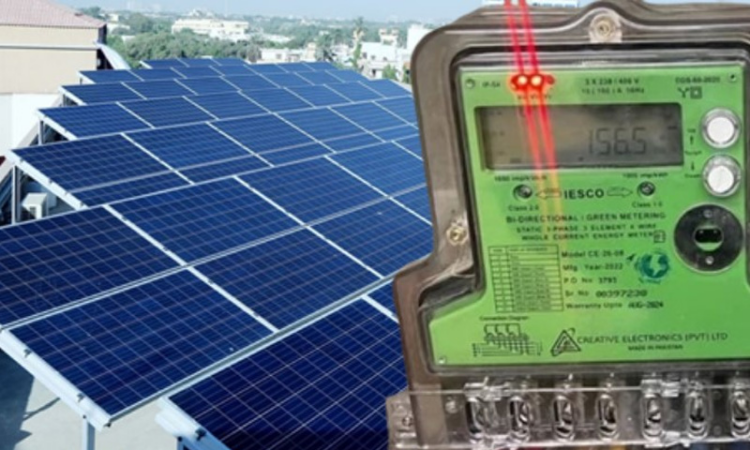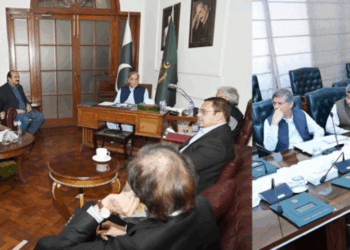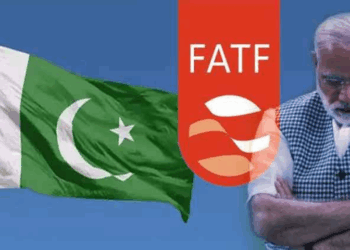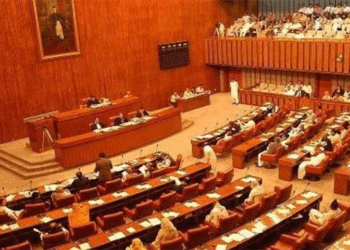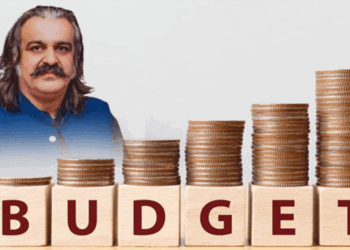Islamabad, March 13, 2025: The Economic Coordination Committee (ECC) of the Cabinet has approved amendments to net-metering regulations, reducing the buyback rate for excess electricity generated by solar consumers to Rs. 10 per unit. The decision aims to ease the financial burden on grid consumers, given the rapid rise in solar net-metering users.
The ECC meeting, chaired by Finance Minister Senator Muhammad Aurangzeb, was attended by Power Minister Sardar Awais Ahmed Khan Leghari, Maritime Affairs Minister Qaiser Ahmed Sheikh, Petroleum Minister Ali Parvez Malik, and senior officials from relevant ministries.
According to a statement from the Finance Division, the move comes in response to the exponential growth of solar net-metering consumers and its financial impact on the national grid. The buyback rate, previously linked to the National Average Power Purchase Price (NAPP), has now been revised to a fixed Rs. 10 per unit.
Additionally, the National Electric Power Regulatory Authority (NEPRA) will be authorized to periodically revise the buyback rate, subject to Cabinet approval, ensuring flexibility based on evolving market conditions.
The revised framework will not apply to existing net-metering consumers who hold valid licenses or agreements under the NEPRA (Alternative & Renewable Energy) Distributed Generation and Net Metering Regulations, 2015. Their existing rates will remain effective until the expiration of their agreement or license.
The ECC also approved changes to the settlement mechanism for net-metering consumers as imported and exported electricity units will now be treated separately, exported units will be purchased at the new buyback rate of Rs. 10 per unit and imported units will be billed at applicable peak/off-peak rates, including taxes and surcharges.
The Power Division has been directed to issue guidelines, subject to Cabinet approval, for NEPRA to incorporate into the regulatory framework.
The Power Division highlighted that the number of net-metering consumers surged from 226,440 in October 2024 to 283,000 by December 2024, with total installed capacity growing from 321 MW in 2021 to 4,124 MW by the end of 2024. This sharp increase has shifted a financial burden of Rs. 159 billion onto grid consumers, a figure projected to soar to Rs. 4,240 billion by 2034 without regulatory intervention.
The government argues that solar net-metering consumers avoid paying fixed charges for transmission and distribution infrastructure, forcing traditional grid users to bear higher costs. The geographical concentration of solar consumers—with 80% located in nine major cities, mostly in affluent areas—further underscores the need for regulatory reforms to ensure fairness and sustainability.
Apart from net-metering reforms, the ECC approved several Technical Supplementary Grants (TSGs) and policy measures, including Rs. 250 million for the Ministry of Federal Education to support ICT-based education initiatives, Rs. 220 million for the Ministry of Industries & Production to boost SME development, Rs. 36.099 million for the Ministry of Interior to procure spare parts for Pakistan Rangers (Sindh) helicopters and Rs. 670 million reallocated for the Sustainable Development Goals Achievement Programme (SAP).
The ECC also approved an export exemption for M/s Agven Private Limited, allowing it to export up to 10,000 tons of potassium sulphate fertilizer from Gwadar Port annually until December 31, 2025.
During the meeting, the Finance Division’s Economic Advisor presented an update on inflation trends in 2025, noting a decline in CPI, food inflation, and SPI. The committee attributed this downward trend to fiscal discipline, improved supply chains, and targeted subsidies.
Finance Minister Muhammad Aurangzeb emphasized the need for continued vigilance to maintain price stability, stressing the importance of balancing energy sector reforms with economic sustainability.


